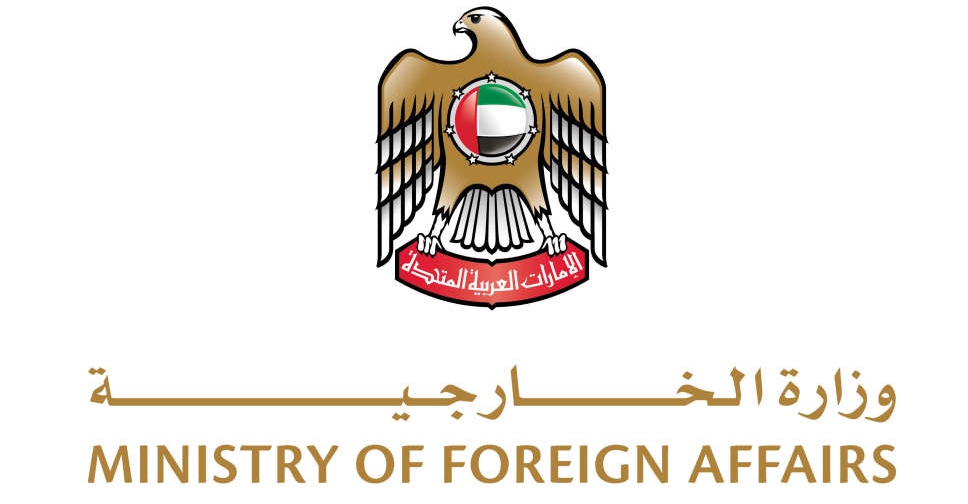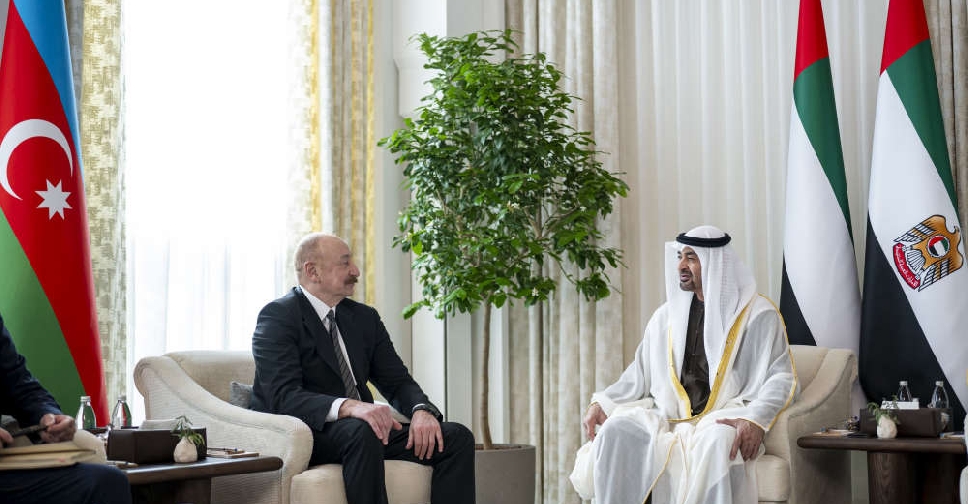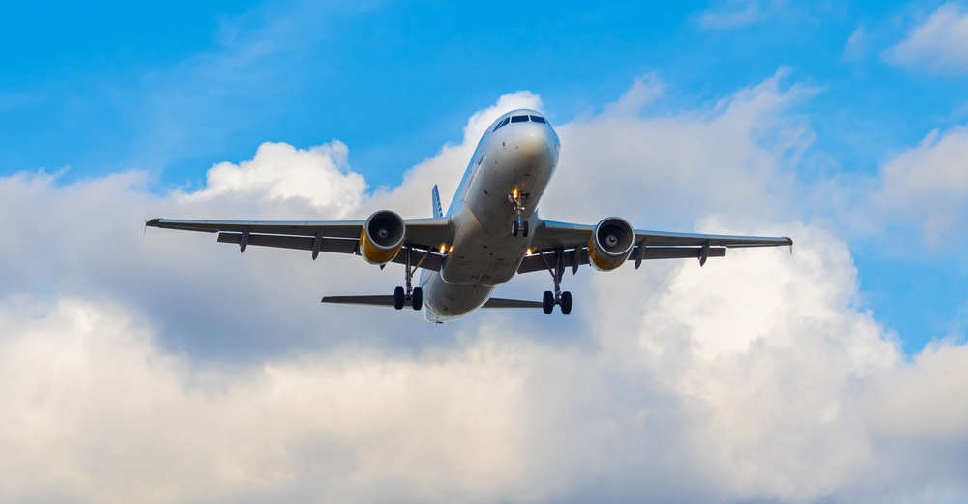
Europe's Airbus broke a major commercial barrier on Tuesday when its A320 family of planes overtook the Boeing 737 to become the most-delivered jetliner in history.
Boeing's decades-old record fell with the handover of an A320neo to Saudi carrier Flynas, bringing total deliveries to 12,260 since the A320 series entered service in 1988, according to benchmark data from UK-based aviation analytics firm Cirium.
Demand for the industry's workhorse A320 and 737 jets has surged in recent years, as economic growth led by Asia brought tens of millions of new middle-class travellers into the skies.
Together, Boeing and Airbus have delivered more than 25,000 of these jets, originally designed to serve major hubs but later widely adopted by low-cost carriers, which Airbus courted after Boeing cut output during a downturn in demand post-9/11.
Already the world's largest planemaker by annual deliveries, Airbus now claims the top spot for cumulative narrow-body deliveries, capping a 40-year transatlantic battle for market share after early disagreements over strategy and the share of jobs among partner nations, France, Germany, Spain and Britain.
"At the beginning, nobody thought it would work and now it's winning, at least on the bigger variants," said Adam Pilarski, former chief economist at Douglas Aircraft, which also competed with Boeing before being absorbed by its domestic rival in 1997.
Launched in 1984, the A320 emerged at a time when Airbus's future was far from assured, following the rocky introduction of two wide-body jets. The aircraft first flew in 1987 and entered service the following year.
Engineers in Toulouse, France, took an ambitious step by introducing fly-by-wire computer controls to a mainstream airliner - a pioneering move that met resistance from unions and some carriers but ultimately became an industry standard.
The brainchild of Airbus co-founder Roger Beteille, its development was shaped by arguments over whether to prioritise US airline demands for a jet in the new 150-seat market, supported by the French, or continue focusing on wide-bodies, backed by Lufthansa.
The project narrowly escaped collapse when French President François Mitterrand and German Chancellor Helmut Kohl, unaware they had chosen the same intermediary - Bavarian politician Franz-Josef Strauss - asked him to mediate their dispute by drafting letters between them.
The episode is recounted in Airbus: The First 50 Years, a history commissioned by Airbus but withdrawn, a copy of which was obtained by Reuters.
It was also nearly derailed by doubts over investment from European governments. British Prime Minister Margaret Thatcher told parliament in 1984: "I do not want another Concorde on my hands", referring to cost overruns on the Anglo-French supersonic jet. Boeing has long criticised such support.
The high-tech but visually unremarkable A320 quickly outgrew the assembly hall deserted by Concorde's short-lived production run and most recently expanded into space vacated by the discontinued A380.
In coming weeks, Airbus plans to expand output in the US and China.
"It was the first truly successful non-US commercial jet," said Cirium head of advisory Max Kingsley-Jones. "It forced others to create competitive alternatives."
Boeing responded with a successful version called 737NG after Airbus won a surprise order from United Airlines in 1992. But despite strong sales, its third-generation 737 MAX plunged Boeing into turmoil after fatal crashes in 2018 and 2019.
The storied planemaker has stabilised under new CEO Kelly Ortberg.
The A320 was forced to tackle its own safety concerns after two early accidents, prompting debate over the balance between pilot control and cockpit automation.
Now, the Western duopoly faces threats from China and elsewhere as Brazil's Embraer debates whether to step up from regional jets and Californian startup JetZero proposes a radical departure from the traditional fuselage design.
Industry sources say neither Airbus nor Boeing is in a rush to replace their cash-generating models. Boeing is mired in debt, while Airbus enjoys a price premium and booming sales.
Executives from both companies told the International Society of Transport Aircraft Trading (ISTAT) conference in Prague on Monday that new developments are unlikely until there are further advances in areas including engine technology.
"Boeing can't catch up with the current A320 family based on their respective production plans, but it may strengthen Boeing's resolve to think about a future beyond the 737 when the conditions are right," Morris said.

 'World's Coolest Winter' boosts UAE tourism, hotel revenues hit AED 12.5 billion
'World's Coolest Winter' boosts UAE tourism, hotel revenues hit AED 12.5 billion
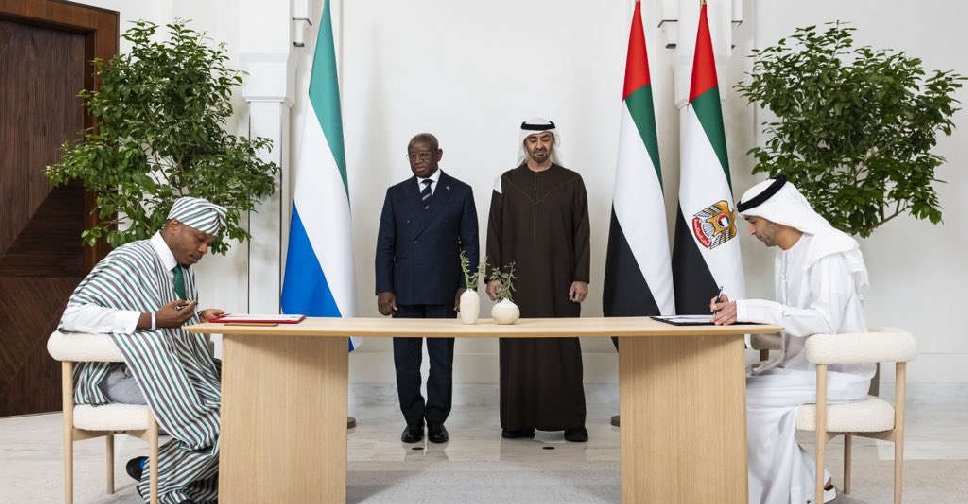 UAE and Sierra Leone sign major trade pact
UAE and Sierra Leone sign major trade pact
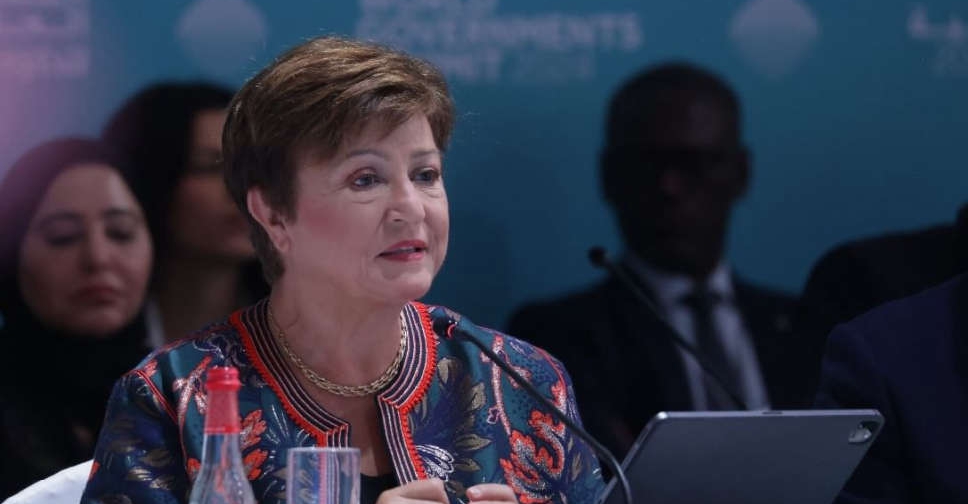 IMF chief praises UAE's model of economic diversification
IMF chief praises UAE's model of economic diversification
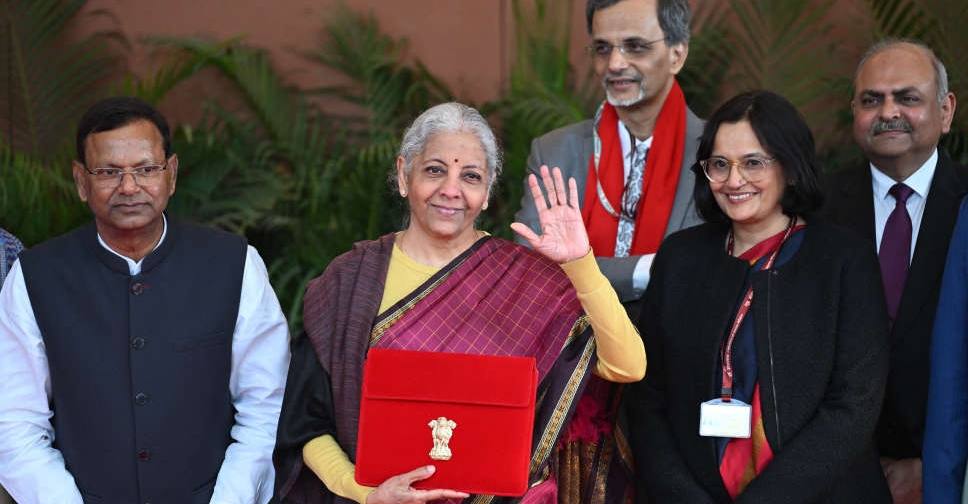 India budget seeks manufacturing pivot, but falls short of expectations
India budget seeks manufacturing pivot, but falls short of expectations
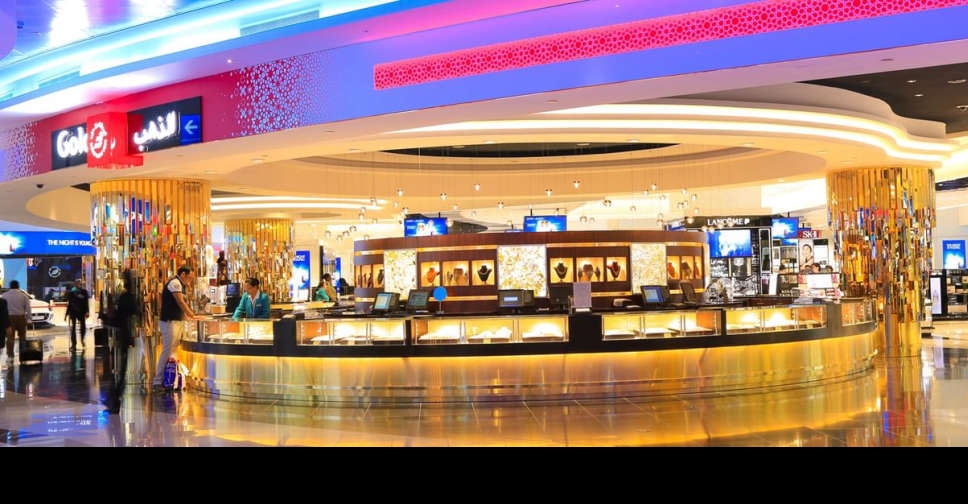 Dubai Duty Free records highest ever January sales
Dubai Duty Free records highest ever January sales
